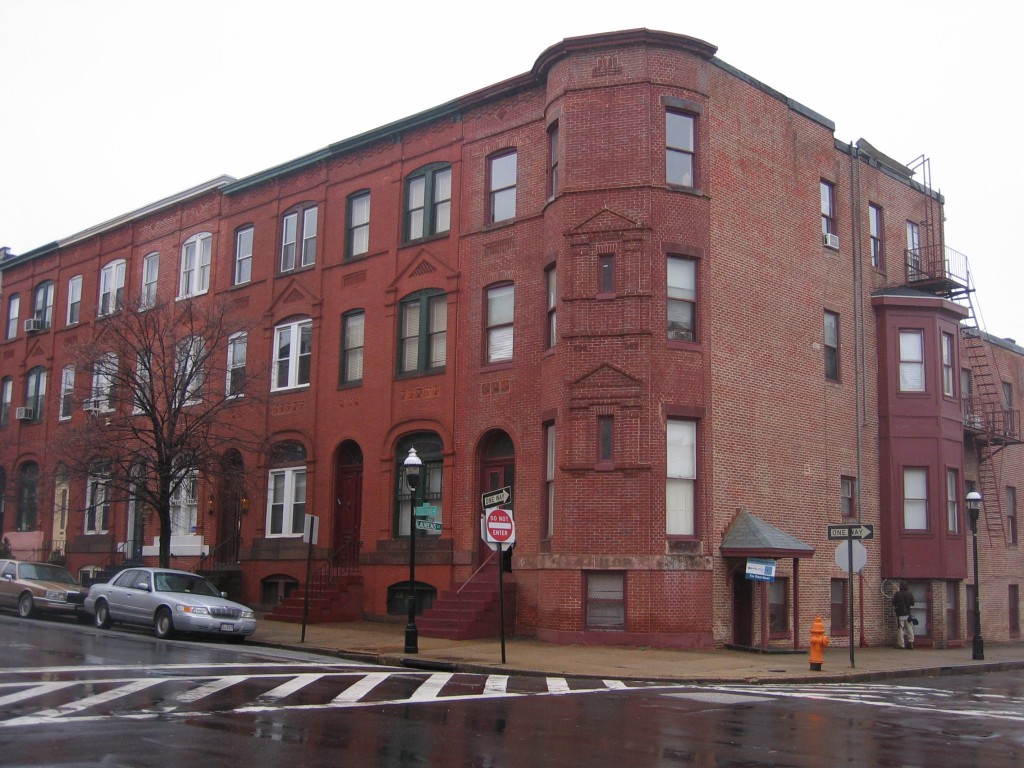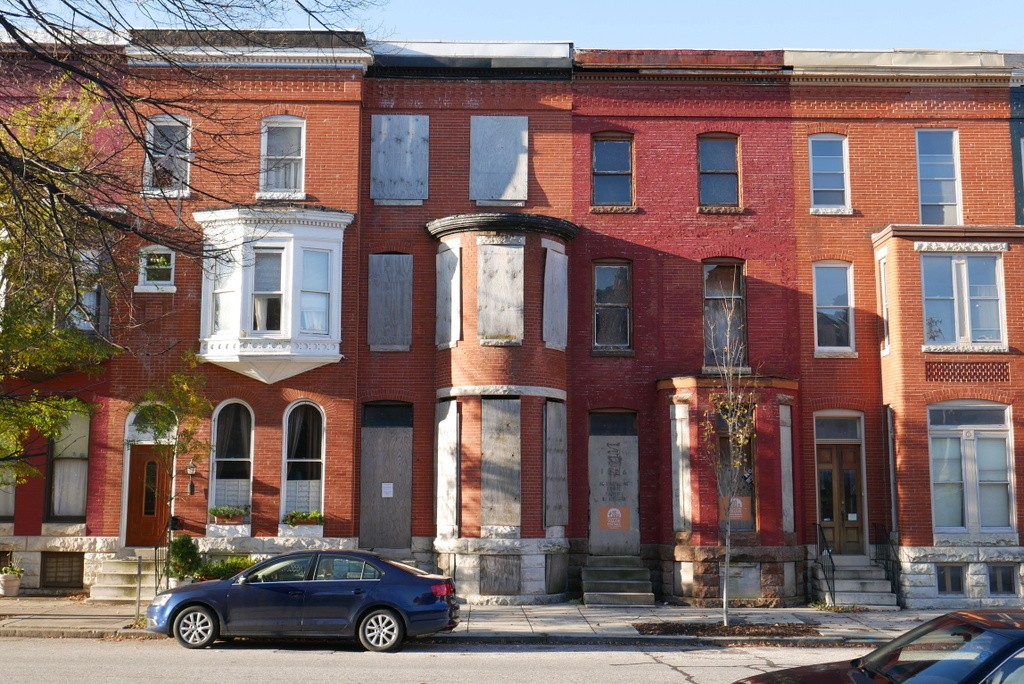Overview
Baltimore’s Civil Rights Heritage: Looking for Landmarks from the Movement is an ongoing project to research and document the historic context for the long Civil Rights movement for African Americans in Baltimore. This project was started in late 2014 and should be complete by early 2016.
For information on the Freedom House or threatened Civil Rights landmarks, visit our issue page.
Learn more on the project website
Project Team
- Johns Hopkins, Baltimore Heritage
- Eli Pousson, Baltimore Heritage
- Elizabeth Hughes, Maryland Historical Trust
- Peter Kurtze, Maryland Historical Trust
- Jeff Buchheit, Baltimore National Heritage Area
- RaeLynne Snyder, Baltimore City Public Schools
Baltimore Heritage is in the process of organizing an advisory committee of key scholars and stakeholders to help guide and inform the research, documentation and designation process.
Partners
- Baltimore Heritage
- Baltimore National Heritage Area
- Maryland Historical Trust
- Baltimore City Public Schools
Funding
Funding for this project is provided by the National Park Service through the new Underrepresented Community Grants Program funded through the Historic Preservation Fund to explore the ways in which the legacy of underrepresented groups can be recognized, preserved and interpreted for future generations. Additional funding is provided by the Preservation Maryland Heritage Fund grant program and PNC Foundation.
Timeline
- October 2014 – Funding awarded by the National Park Service
- January 2015 – Research and documentation process started
- September 2015 – Outreach to students through Baltimore City Public Schools
- December 2015 – Publication of the Historic Context/MPD for public comment
- May 2015 – Publication of the final Historic Context/MPD
[gravityform id=”18″ title=”true” description=”true”]
This project is intended to protect and celebrate places connected to Baltimore’s Civil Rights heritage through the submission of a historic context and National Register multiple property documentation form to the National Park Service. Over the next eighteen months, Baltimore Heritage, together with partners from the Maryland Historical Trust (MHT) and the Baltimore National Heritage Area (BNHA) will research, document and share stories ranging from the early 1900s fights against residential housing segregation, efforts to desegregate downtown lunch counters in the 1950s, and 1970s activism around economic empowerment and urban renewal.
We are committed to providing opportunities for public input and participation throughout the project. We are planning to develop an online archive dedicated to sharing information about Baltimore’s civil rights leaders along with historic places (churches, homes and businesses) that played key roles in organizing and activism between the end of the Civil War and the last few decades. We are also working closely with our partner at the Baltimore National Heritage Area to develop the archive into a resource for Baltimore City school students and educators to tell these stories within the classroom and on neighborhood-based tours.
Finally, we are planning a series of programs in 2015 and 2016 – lectures, walking tours and community-based events – to share the research we’re gathering and connect with people interested in learning more about the project. Finally, the Maryland Historical Trust is in the process of forming an advisory committee to inform the research, documentation, and outreach process.


